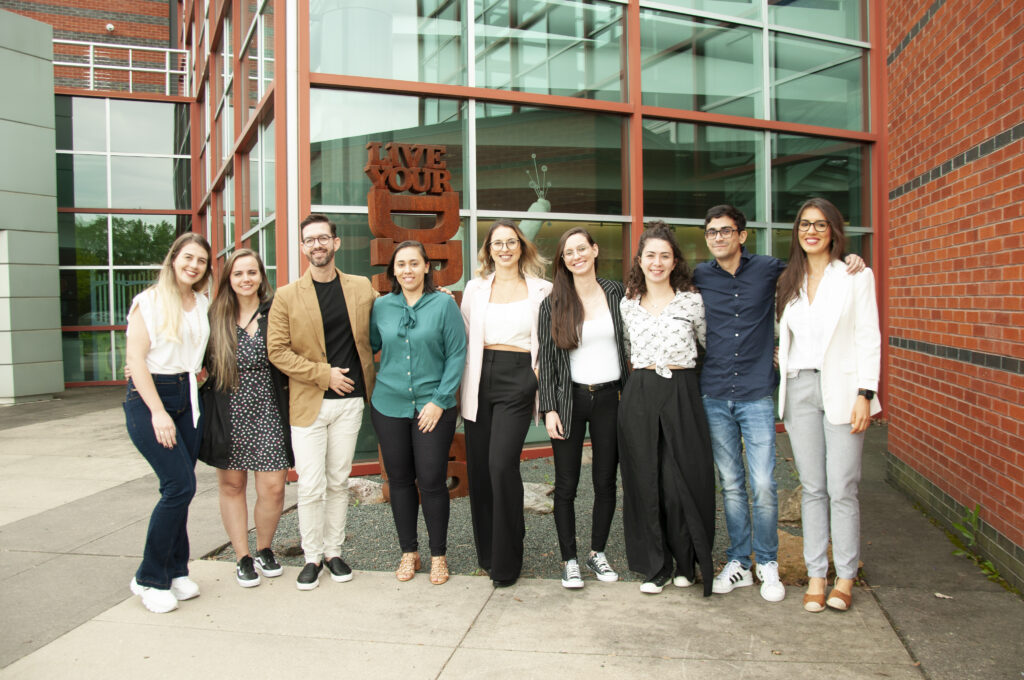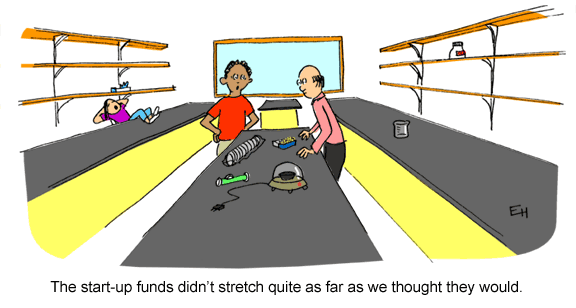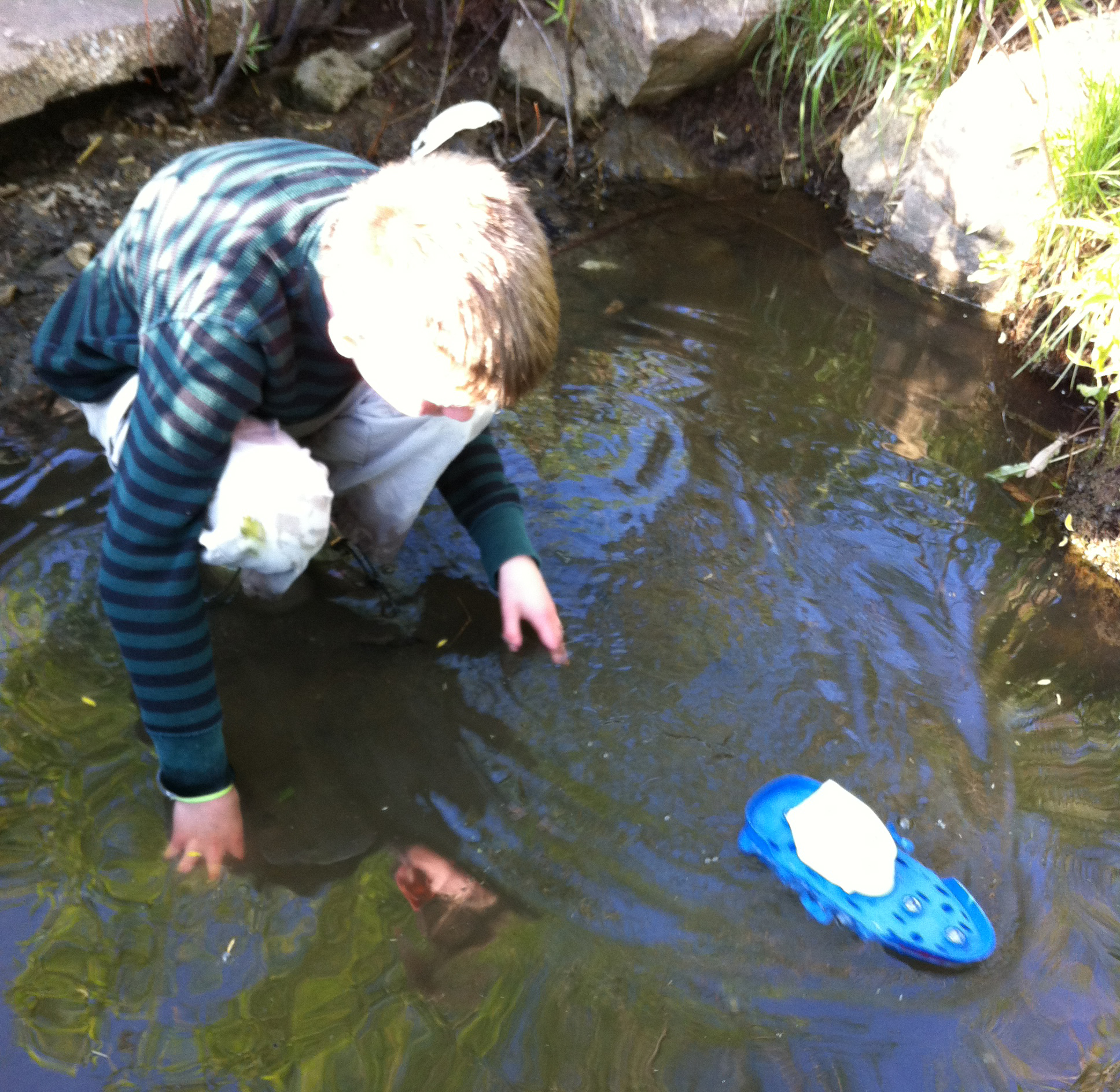 “Why? Why? Why?” Anyone who has been around small children has experienced the monotonous, often aggravating, seemingly endless barrage of the “W” word. Why does soap make bubbles? Why do feathers float and acorns fall to the ground? Why are baths important? Why are those flowers purple? Why can’t I be purple? Why do tigers have stripes and leopards have spots and lions don’t have anything (majestic manes not withstanding)? Why can rocks bounce (skip) off water? Why didn’t my rock bounce? Why does the plant in the window bend toward the light? Why are my eyes blue and my brother’s eyes brown?
“Why? Why? Why?” Anyone who has been around small children has experienced the monotonous, often aggravating, seemingly endless barrage of the “W” word. Why does soap make bubbles? Why do feathers float and acorns fall to the ground? Why are baths important? Why are those flowers purple? Why can’t I be purple? Why do tigers have stripes and leopards have spots and lions don’t have anything (majestic manes not withstanding)? Why can rocks bounce (skip) off water? Why didn’t my rock bounce? Why does the plant in the window bend toward the light? Why are my eyes blue and my brother’s eyes brown?
It would seem that from a very young age people are hard wired to think like a scientist. It is not enough to simply know a feather will float slowly to the ground while the acorn will plummet, or that plants turn their leaves toward the sunlight. We want to know why.
I have watched nieces and nephews as well as my own children pass through the “Wonderful Why?” stage, and I have noticed that there is often a predictable progression to the questions: “Why do plants turn their leaves toward the light?” is quickly followed by: “How do they move their leaves to face the light?” and then “What if we took away the light?”
Ray Bradbury said,
Touch a scientist and you touch a child.
As children we are all scientists. It is just that some of us never grow up.
Like this:
Like Loading...



 “Why? Why? Why?” Anyone who has been around small children has experienced the monotonous, often aggravating, seemingly endless barrage of the “W” word. Why does soap make bubbles? Why do feathers float and acorns fall to the ground? Why are baths important? Why are those flowers purple? Why can’t I be purple? Why do tigers have stripes and leopards have spots and lions don’t have anything (majestic manes not withstanding)? Why can rocks bounce (skip) off water? Why didn’t my rock bounce? Why does the plant in the window bend toward the light? Why are my eyes blue and my brother’s eyes brown?
“Why? Why? Why?” Anyone who has been around small children has experienced the monotonous, often aggravating, seemingly endless barrage of the “W” word. Why does soap make bubbles? Why do feathers float and acorns fall to the ground? Why are baths important? Why are those flowers purple? Why can’t I be purple? Why do tigers have stripes and leopards have spots and lions don’t have anything (majestic manes not withstanding)? Why can rocks bounce (skip) off water? Why didn’t my rock bounce? Why does the plant in the window bend toward the light? Why are my eyes blue and my brother’s eyes brown? The worst part was I knew I had only myself to blame.
The worst part was I knew I had only myself to blame. 